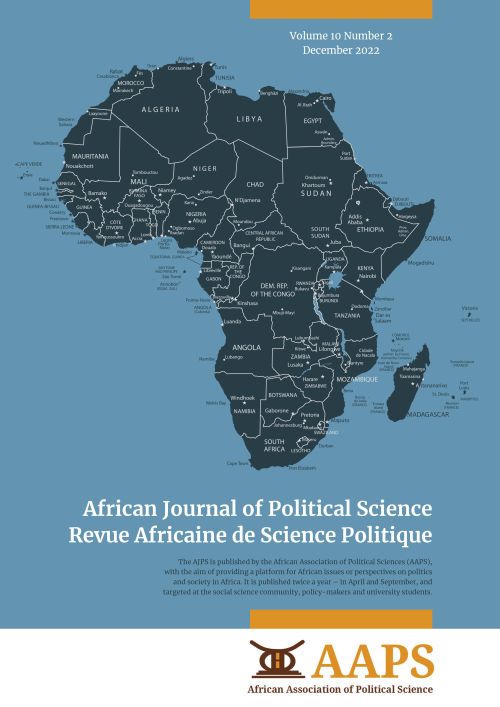Main Article Content
The Contributions of Party System to Democratic Development in Africa: A Historical Perspective
Abstract
The paper examined the contributions of party system to democratic development in Africa. Democratic governance and meaningful elections have long been considered unachievable in the absence of political parties and party competition. This is because party system institutionalization is important for the consolidation of democracy. Democracy instead of being the bedrock of good governance stayed on as an unfulfilled promise because the method of power acquisition remained basically authoritarian and functioned on the basis of a hierarchy of networks and alliances with local tribe, ethnic group or through top-down utter sovereignty of institutions that choke the grassroots politicization of society which had been the moral fibre of the process of democratization. To this end, it was discovered that the relationship between political parties, electoral volatility and democracy in Africa cannot be addressed unconnectedly. The paper therefore recommends that; assumptions about the trajectory and outcomes of democratic development in Africa need to be more effectively investigated on the basis of empirically informed analysis of operationalized politics in these systems. It is important to bear in mind that most of the electoral systems, laws, institutions and constitutions that govern elections in Africa were inherited from colonialism. Electoral politics came as a proposed solution to other socio-economic and political problems. This therefore calls for an amendment to these electoral processes in order to mirror the present realities in Africa as well as adhere to best practice as it is in developed democracies. It is contended that if an electoral system is to append value to democracy, it must promote the accountability of the elected representatives to their constituencies which could be furnished through strong political parties. The paper relied on secondary data using descriptive analytical method.




